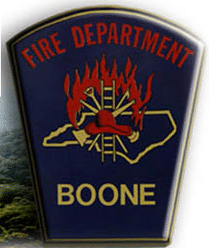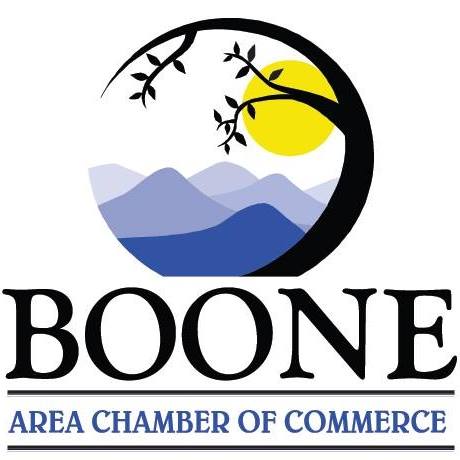
Last Updated on September 9, 2024 2:36 pm
Lithium-Ion batteries store a lot of energy in a small amount of space and are used to power many modern tools, electronics, toys and micro mobility devices. Your phone, laptop, hoverboard, E-bike, E-scooter, power tools, remote controlled cars, and portable chargers probably contain Lithium-Ion batteries. Communities around the world are seeing an increase in the number of fires and deaths attributed to Lithium-Ion batteries and their charging systems. Boone Fire wants to draw attention to the associated risks and share a few good practices for safer use of this type of battery.
Lithium-Ion batteries can be found everywhere in our lives and, as a whole, are safe and useful. However, there are risks such as fires or explosions due to overheating and overcharging. A small number of batteries are produced with defects and others could become damaged during use, which can lead to overheating. Faulty or unmatched equipment or improper charging techniques can lead to overcharging. Overheated and overcharged batteries can catch fire or explode. Exposure to heat, fire or damage can lead to a dangerous process known as thermal runaway. This is when the battery continues to rapidly produce heat, toxic smoke and flames. These fires are hard to extinguish and spread rapidly to surrounding items. They can even reignite once extinguished as long as there is still power stored in the cells of the battery.
Following these tips will help ensure your safety and the safety of your loved ones as well as help protect homes and businesses from fire.
- Only purchase and use devices, batteries, and charging equipment that are listed and labeled by a nationally recognized testing lab such as Underwriters Laboratories (UL). Avoid cheap generic batteries from unknown manufacturers.
- Only use batteries and chargers designed for the device and specified use.
- Always follow manufacturer instructions.
- Ensure batteries are installed in the device correctly.
- Remove device from charger once charging is complete.
- Keep batteries at room temperature when possible. Do not charge at temperatures below 32 degrees Fahrenheit or above 105 degrees Fahrenheit. Do not store in direct sunlight or inside hot vehicles.
- Only charge one device or battery at a time to prevent overloaded electrical circuits.
- Never charge small electronics on a bed or couch, under a pillow or between cushions, and near anything combustible.
- Keep batteries and chargers away from children, pets and liquids and protect them from physical damage.
- Please do not store or charge larger Lithium-Ion powered devices such as E-Bikes, E-Scooters and other micro-mobility devices in the exit paths of your home or business where in a fire or explosion your escape path could be blocked.
- Stop using your device if you notice problems with the battery or charger. Signs include: unusual odor, change of color, too much heat, change in shape or swelling, leaking and smoking.
- Only have devices repaired by qualified professionals.
- Do not dispose of lithium-ion batteries in the trash or in piles with other batteries. Take them to a battery recycling location or contact your local waste department for disposal instructions. Watauga County residents can drop batteries off at the Watauga County Sanitation Department at 336 Landfill Road for recycling. They request that all electrical contacts are taped over to prevent batteries from shorting out and catching fire.
Lithium-Ion batteries are all around us. They power the devices we use for entertainment, productivity and travel. When used properly they can be safe. Improper use, abuse and damage does make these batteries dangerous, causes fires, and loss of life. Please help us prevent death and fires by following these safety tips.
More information is available online and at: https://www.nfpa.org/Public-Education/Fire-causes-and-risks/Lithium-Ion-Battery-Safety
For more information call Boone Fire Department at (828) 268-6180.
















